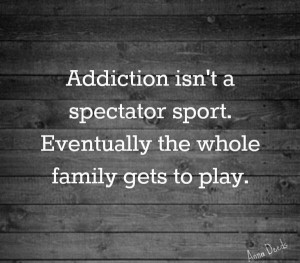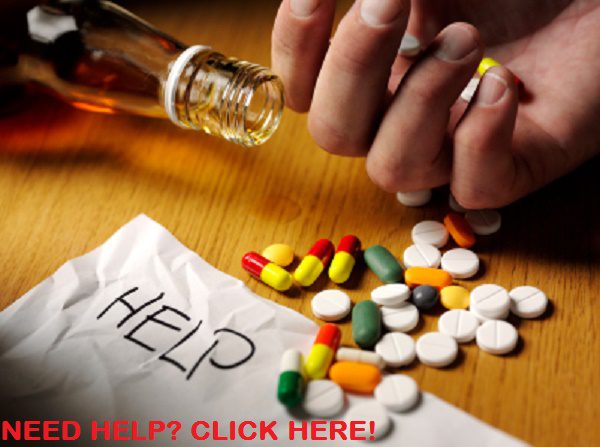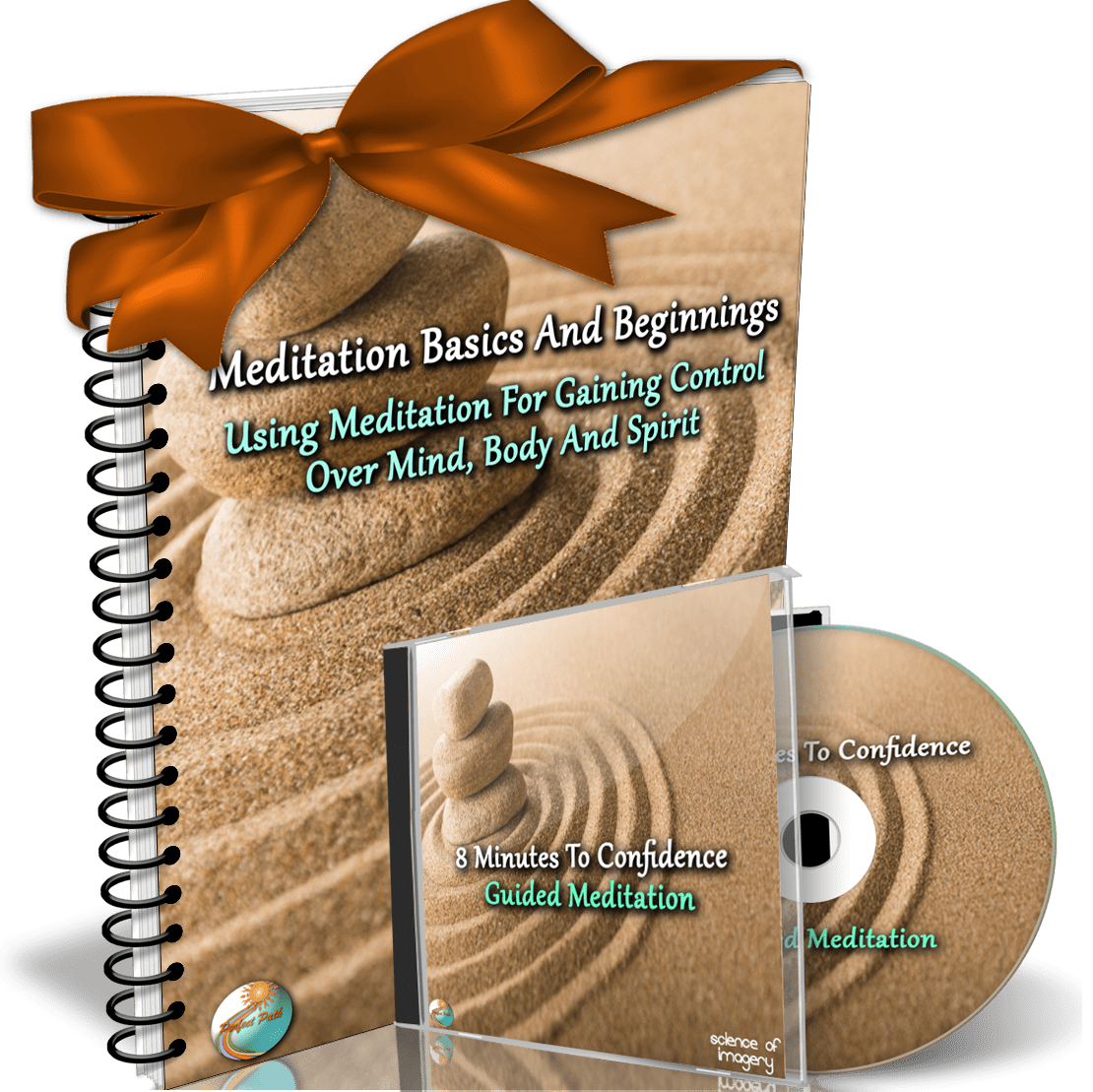Is An Addiction Ruining Your Relationship?
Everything doesn’t always go perfectly in a relationship. One of the things that tends to cause issues between a couple is addiction. The truth is, addiction is much like a disease. It kills us slowly and rips our lives in pieces. In fact, you don’t even necessarily need to be the one with the addiction for it to impact your life.
Dealing with an addiction in a relationship can be difficult at times, especially when we have to watch someone we love sabotage their self. Luckily, there is hope and the future can be brighter.
Check out these tips from Addiction.
You Cannot Change Someone Else
Your first recognition has to be that you cannot change another person. It’s as simple and as complex as that. Sure, you want to change them, but it’s just not possible. Why? It has to do with inner motivation and genuine desire. Think about when your parents, or siblings or friends (even a supervisor at work) told you to do something that you didn’t want to do. Your heart really wasn’t in it, since it wasn’t something that you initiated. The same principle applies when one person tries to enforce their will on another with respect to getting help for drug abuse. But the consequences are more immediate and severe.
When a person is addicted to drugs and/or alcohol, they are supremely resistant to any hint that they have a problem. They may react violently to threats or even encouragement to get treatment. The bitter truth is that until the person is ready to accept that they have a drug problem and seek treatment for it, nothing you or anyone else can do will change their mind. So, since you cannot change the addict, what should you do? Read on.
Take Care of Yourself
In order for you to be a helpmate in your partner’s (hopefully) eventual healing, you have to take care of yourself first. This is not a selfish motive, but one that ensures that you are physically, psychologically and emotionally able to assist your partner at the time he or she is ready to get addiction treatment.
Make sure you get enough sleep, exercise regularly. Maintain your social network — which may be difficult if you feel you have to stick around and monitor your partner’s actions. You need to have an outlet for your own sanity, whether that’s a hobby, recreational pursuit, going to movies or concerts, or just taking a walk in the neighborhood, nearby park or strolling the beach.
This also means that you have to set aside time to devote to your own personal development. You may wish to enroll in a class, pursue getting or completing your degree, or learning a new skill that may benefit you at work or to enable you to get a different job.

Educate Yourself about Addiction
In order for you to deal with your partner’s drug abuse, you need to know what it is that you’re dealing with — not in a general sense, but specific to the substances your partner is addicted to. One benefit of the internet is that you have ready access to information and resources through a number of 12 step groups, federal, state and local organizations, and various treatment centers.
If your partner is addicted to cocaine, for example, check out the website of Cocaine Anonymous. Download literature or read what they have online to find out as much as you can about the addiction. Narcotics Anonymous is a 12 step group for numerous substance addictions and there are other groups for particular addictions, such as Marijuana Anonymous and Crystal Meth Anonymous.
You may ask why you should look into those resources when you are not addicted. It helps because these sites have information on symptoms, what you can do, books, tapes, articles and newsletters that may offer invaluable insight to you as you prepare for the time when your partner may be ready to get help — either through treatment or attendance at a 12 step meeting.
But your education doesn’t stop here. Let’s say that you’ve been trying to deal with your partner’s drug abuse for a long time, or it’s become particularly difficult and you feel you just can’t cope anymore. You may be considering leaving your partner. There may be children involved, which makes the situation even more difficult. You need help to sort things out for yourself, help which can only come from others who are in a similar situation.
Many offer in-person, online or telephone meetings, so there’s always help and support you can receive. Similar to the 12 step groups for drug addicts, these fellowship websites have a wealth of information that you can read online or download for later review. Sign up for newsletters or search out their books (many of which may be available in your local library or bookstore). The point is that you need to hear how others in your situation deal with the problem of a drug-addicted spouse. While each person’s circumstances are unique, you will undoubtedly hear something that can help you in your own situation.
Attend 12-Step Meetings
After you’ve identified the appropriate 12-step family/partner support group, start participating in meetings, either in-person or online or by phone. Since those affected by another person’s drug use often cannot immediately discern the right or most effective thing to do or say when there’s a flare-up or a crisis, having the support of others who have been in the same situation is invaluable. If nothing else, it will show you that you’re not alone. Others have been there and have made it through. Some of their stories and strategies may work for you, or you can adapt them to your own situation.
Ensure Your Own Safety
Never jeopardize your safety or that of any others in the family due to your partner’s drug abuse. If there’s even a hint of domestic violence or sexual abuse, leave as soon as you can safely do so (and take the children with you). There’s simply nothing productive that ever comes out of remaining in an abusive situation. The other person may promise to never hit you again, but when under the influence of drugs and/or alcohol, those promises will be worthless. Instead, you and your children will be at risk.
Stop Enabling
Getting an addict to quit doing drugs is never easy. One thing that you will need to do at some point — when your partner is serious about quitting drugs — is to stop enabling his or her drug use. You will need to learn how to say no. This also means that you stop making excuses for your partner’s drug abuse. Although painful, the truth about your situation is probably something others are already aware of. By denying its existence, you are only giving your partner leeway to continue the addiction.
Image Credit: alcoholic
To see the rest of the article, Addiction




